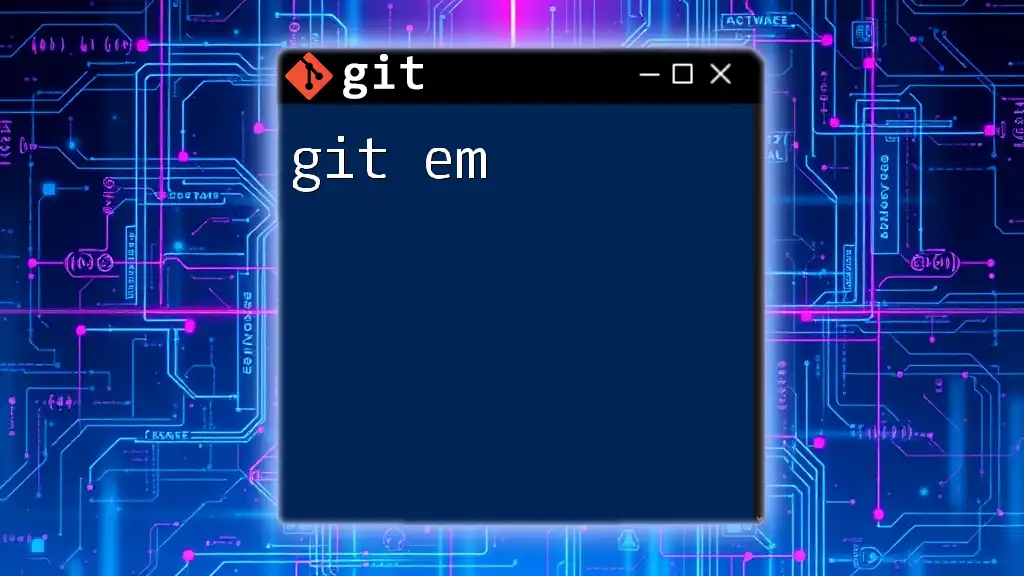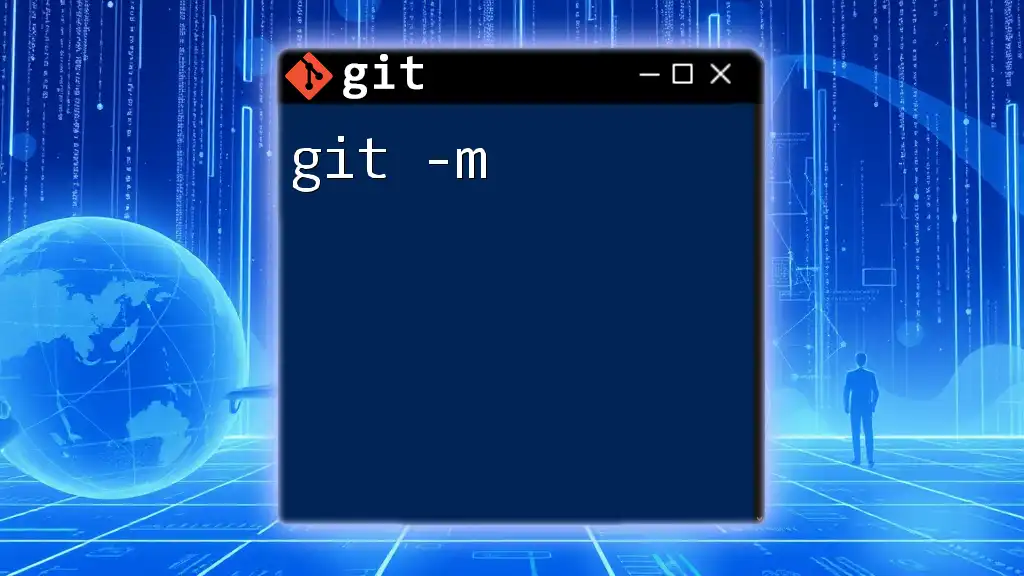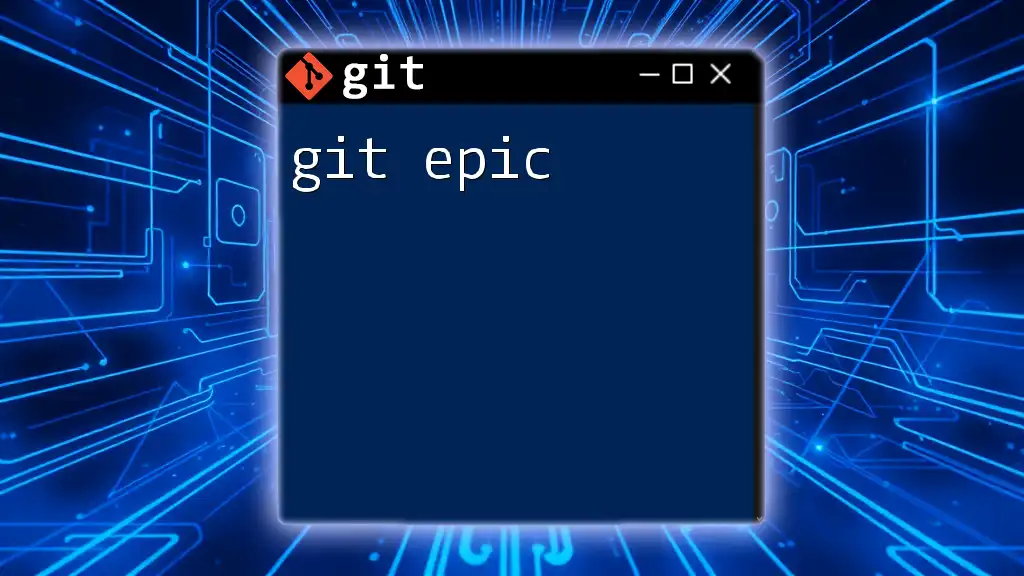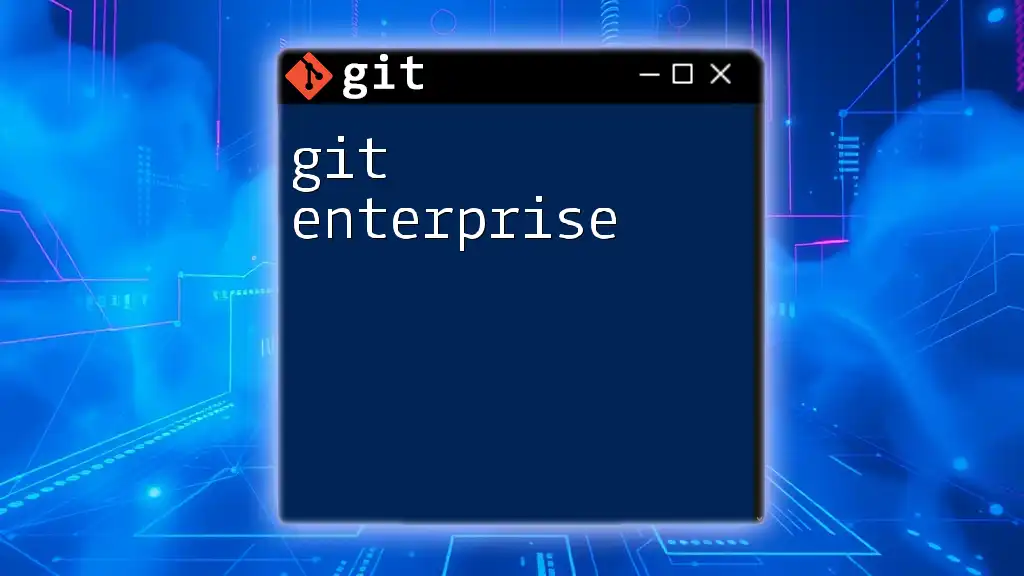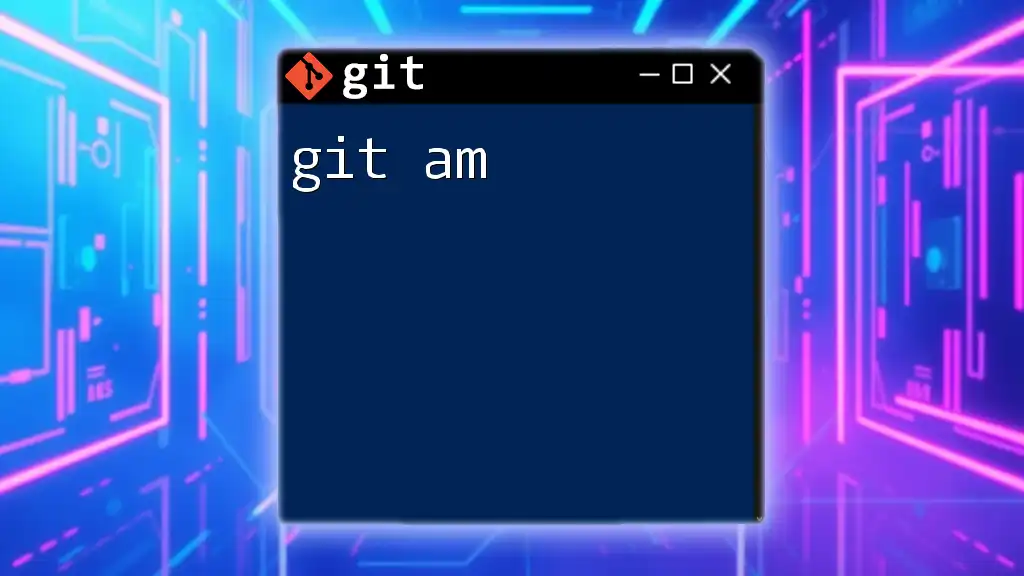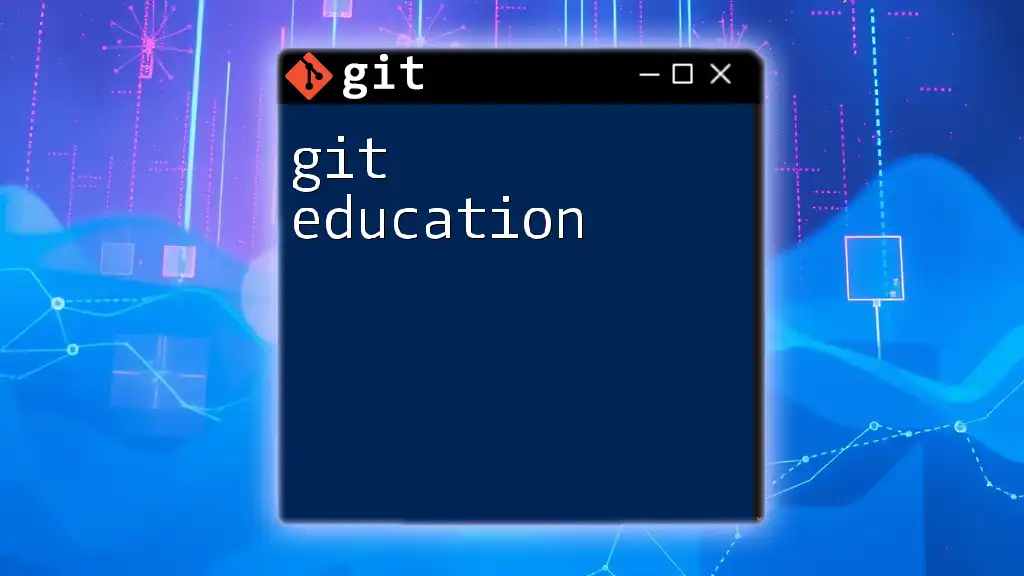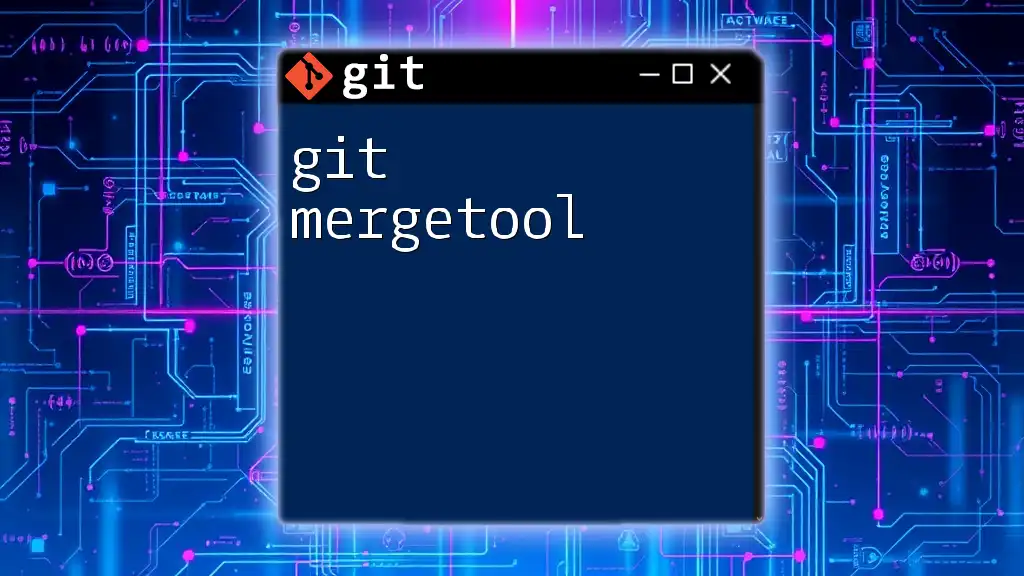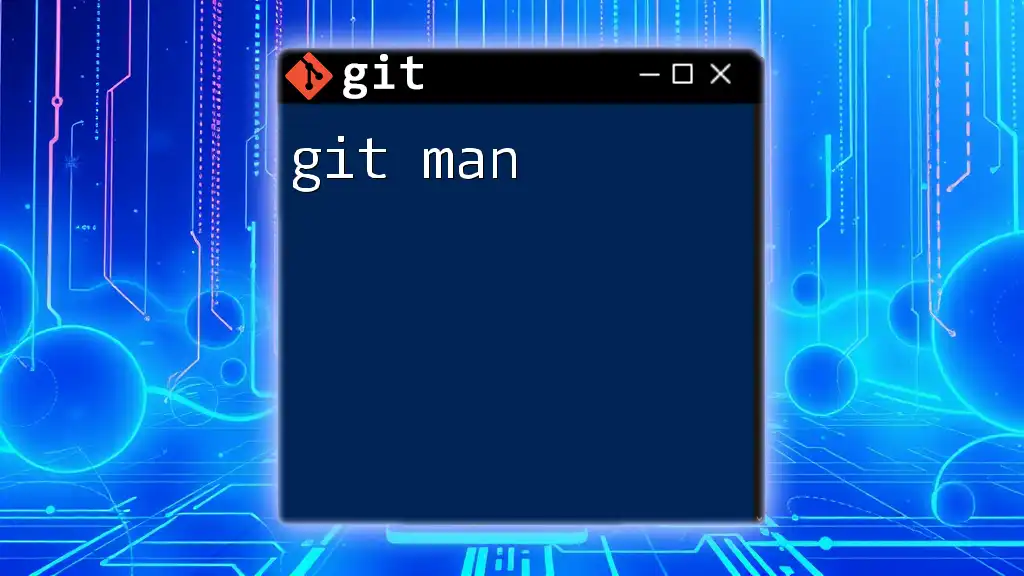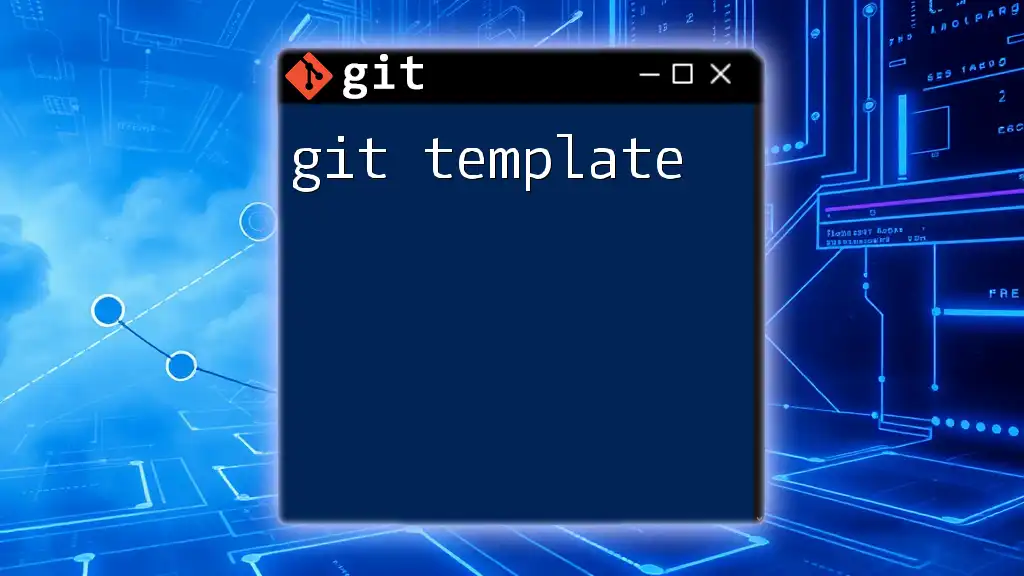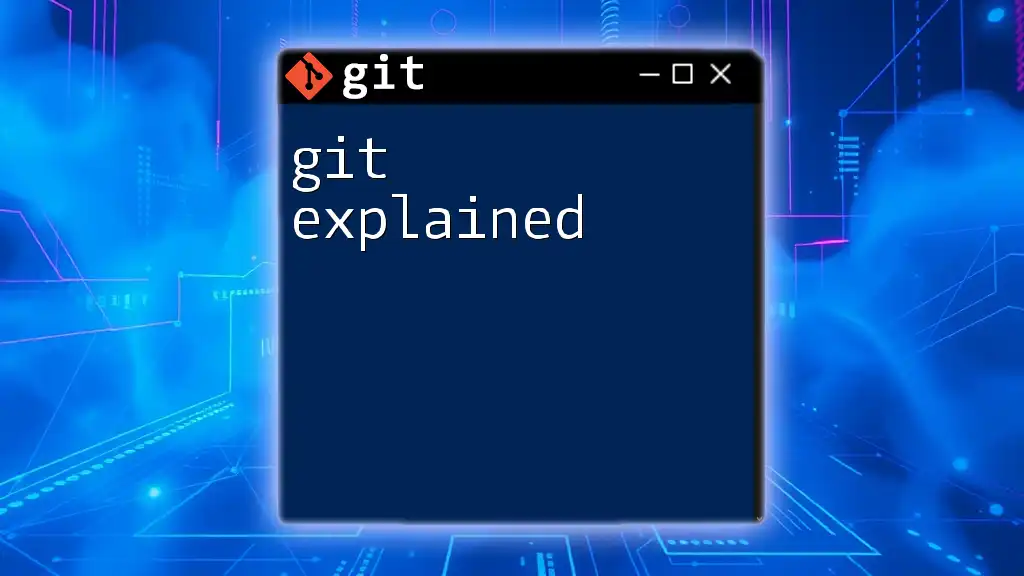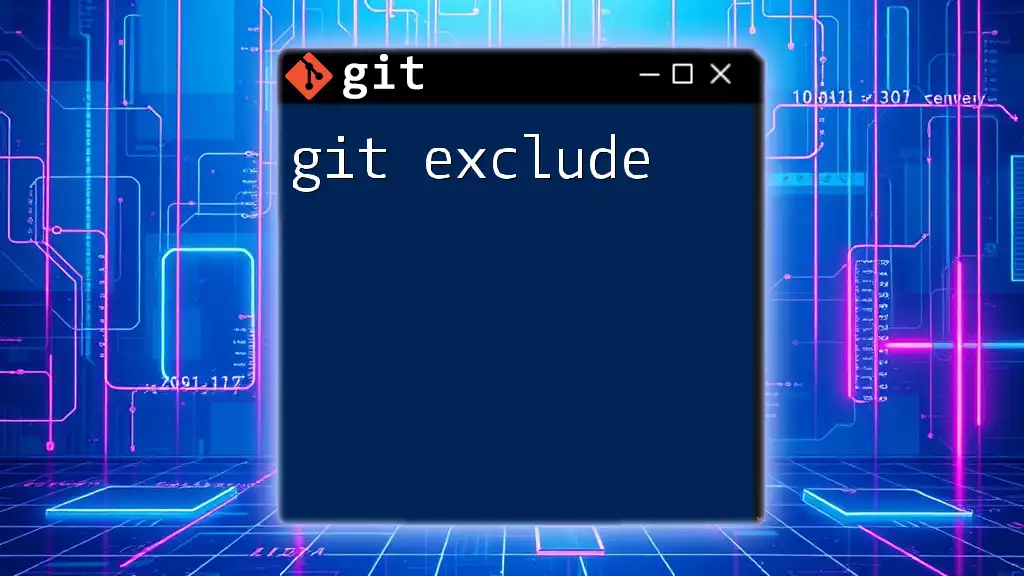The `git em` command is often used as a shorthand to quickly check out or switch branches in Git, focusing on an efficient workflow.
git checkout branch-name
Understanding Git Commands
What Are Git Commands?
Git commands are the fundamental actions used in Git, the popular version control system that allows developers to efficiently manage their code. These commands allow users to track changes, collaborate with others, and maintain the integrity of a project over time. Understanding how to navigate Git commands is crucial for any developer looking to streamline their workflow.
Basic Git Commands
Before diving into the deeper nuances of "git em," let’s review some essential Git commands that every user should master:
-
git init: This command is used to create a new Git repository. When you initialize a new directory as a Git repository, you're setting it up to track changes with Git commands.
-
git clone: This command allows you to create a local copy of an existing remote repository. It’s a critical first step when collaborating with others.
-
git add: Staging changes is done through this command. It is the method to prepare files and changes before committing them to the version history.
Advanced Git Commands
Once you're comfortable with the basics, it's time to explore more advanced commands:
-
git commit: This command captures the state of your project at a specific point in time. You should always include clear and concise messages to describe the changes made. This improves understanding for future contributors and your future self.
Here’s how to make a commit:
git commit -m "Your commit message here" -
git push: After committing your changes locally, you need to share them with your remote repository using the push command. Don’t forget to use this command regularly to ensure others can see your latest contributions.
-
git pull: This command fetches updates from a repository and integrates them into your current work. It’s essential to keep your codebase current with the latest changes made by other team members.
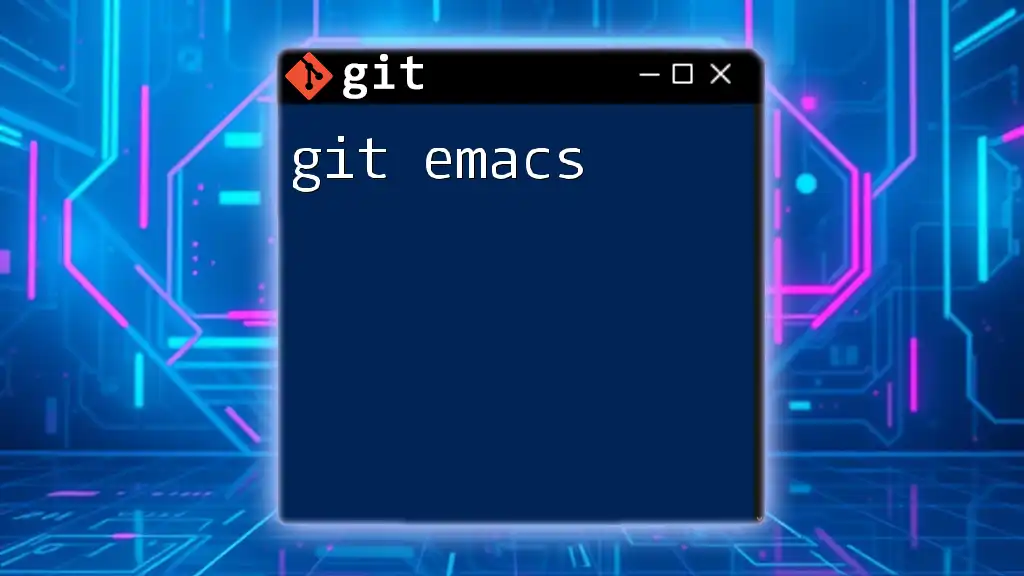
What Does "git em" Mean?
Definition of "git em"
The phrase "git em" is an informal and colloquial term used in the development community to refer to the act of executing a series of Git commands efficiently and effectively. It often embodies the spirit of rapid execution—encouraging developers to get things done.
Contextual Applications of "git em"
In collaborative environments, using "git em" can symbolize the importance of pushing changes quickly and adopting best practices for efficiency. Developers often employ this phrase to remind each other of acting promptly in their Git operations, such as committing significant changes or addressing issues immediately when they arise.
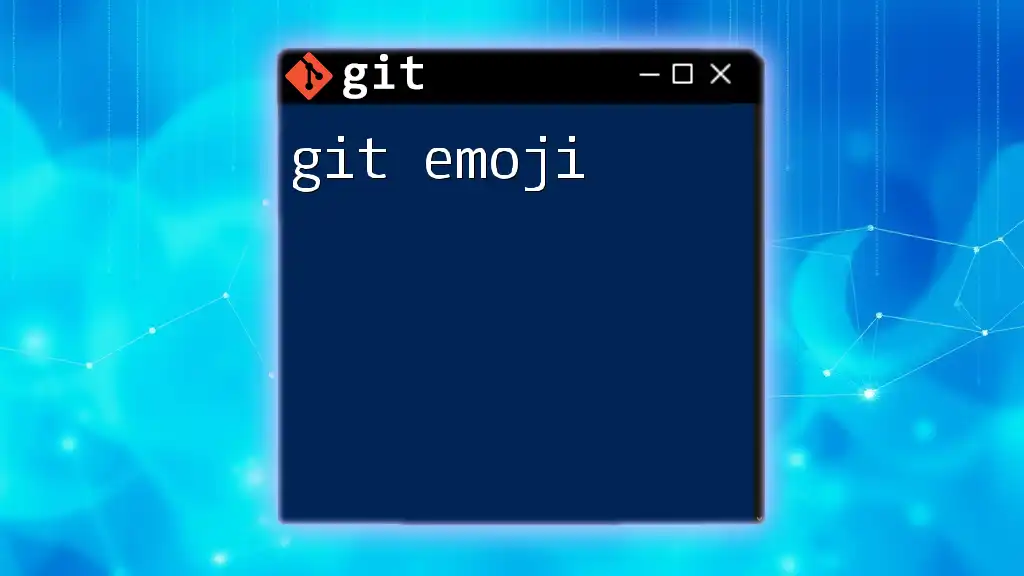
Practical Applications of "git em"
Streamlining Workflow with "git em"
In the fast-paced world of software development, optimizing workflow is key. "git em" can simplify the process of executing Git commands. By mastering a few key commands and integrating them into daily operations, developers can enhance their productivity.
Automation with Aliases
Creating Git Aliases
One powerful way to optimize the usage of "git em" is to leverage Git command aliases. By defining aliases, you can create shorthand for longer commands or combine multiple processes into one command.
For example, to set up a Git alias that stages and commits all changes, you might use:
git config --global alias.em "!git add -A && git commit -m 'Automated commit'"
Customizing Your Workflow
Aliases can greatly enhance individual workflows by allowing developers to execute lengthy commands with a single short input, reinforcing the ethos of "git em."
Real-World Scenarios
When teams incorporate "git em" into their workflows, they may experience significantly smoother collaboration. Whether it’s a timed release or a critical bug fix, having an efficient command at your fingertips can foster better team dynamics and productivity.
For instance, a company may have adopted "git em" for daily stand-up meetings to prompt developers to report their progress in completing tasks. This approach reinforces accountability and accelerates project timelines.
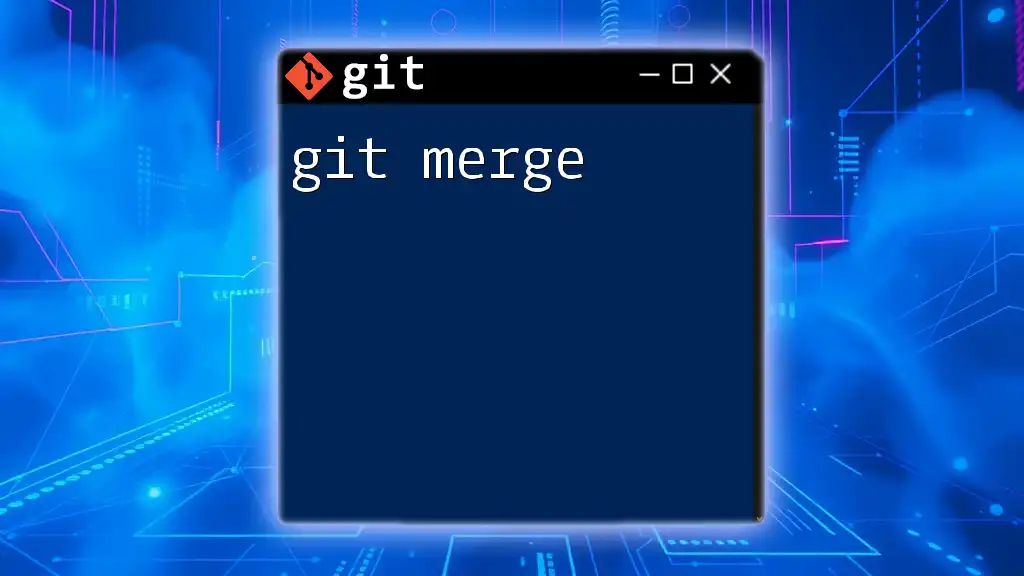
Best Practices for Using "git em"
Communication Within Teams
Effective communication is vital when using Git in a team context. To ensure everyone is on the same page, it’s crucial to adhere to best practices when writing commit messages. Clarity and context are key. Always draft messages that give a summary of what the changes entail and why they were made.
Regular Updates and Cleanup
Regular updates not only facilitate better collaboration but also help in maintaining a clean codebase. Incorporating a routine of pushing and pulling changes ensures that your local repository reflects the latest developments. Moreover, you should clean up old branches to prevent clutter in your Git environment. Use the following command to delete unnecessary branches:
git branch -d branch_name
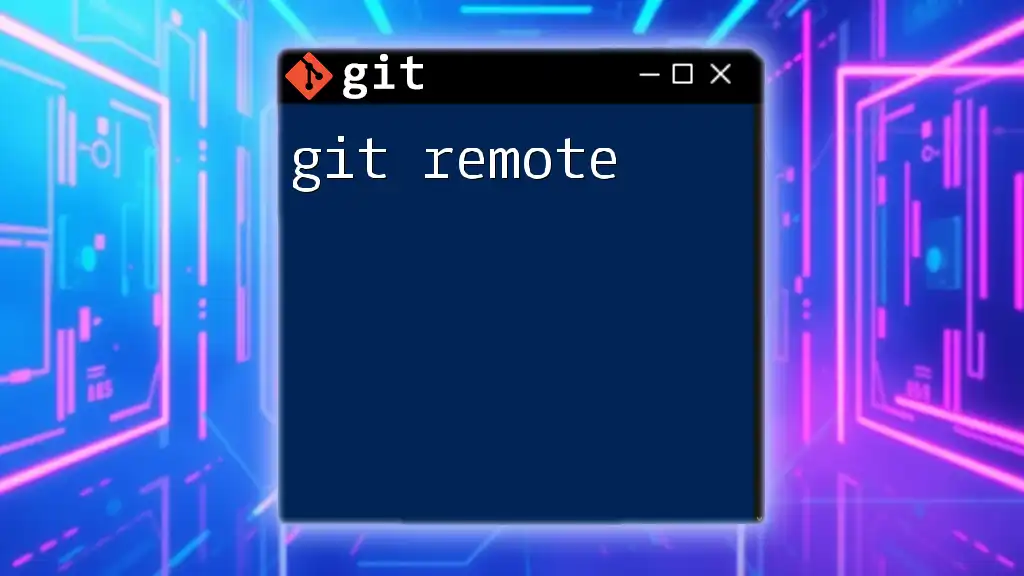
Troubleshooting Common Issues
Common Errors with Git
As you implement "git em," you may encounter issues such as merge conflicts or failed pushes. Understanding common errors and their origins will help you troubleshoot effectively.
Debugging with "git em"
When issues arise, retracing your steps and utilizing commands effectively can help you diagnose problems. The use of logs, and variation in commands will assist you in pinpointing errors related to "git em."
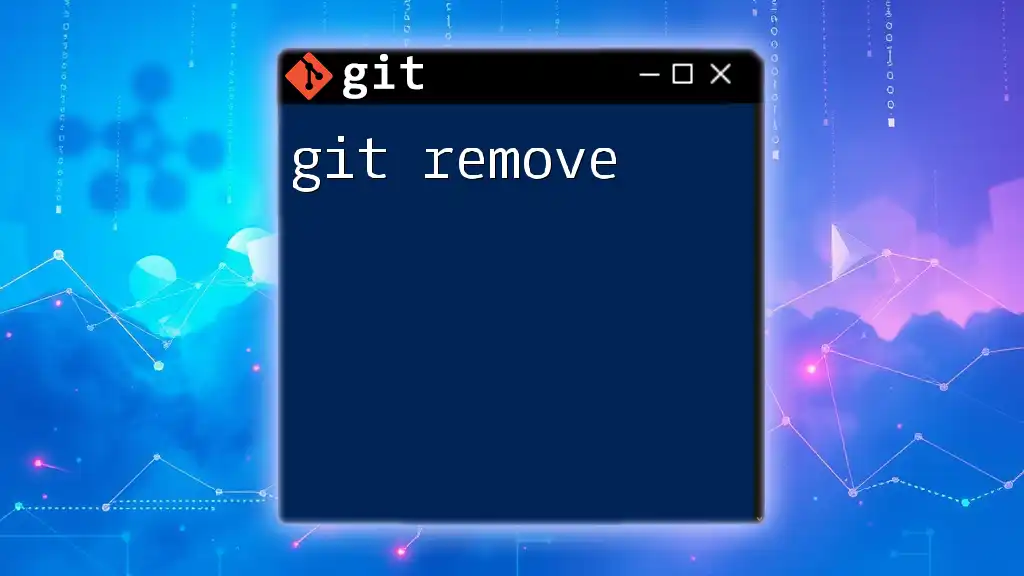
Conclusion
Incorporating "git em" into your Git practice not only enhances your productive capacity but also fosters a collaborative spirit within your team. By understanding and implementing streamlined Git commands and strategies, you position yourself as a proactive developer eager to make the most of modern version control systems.
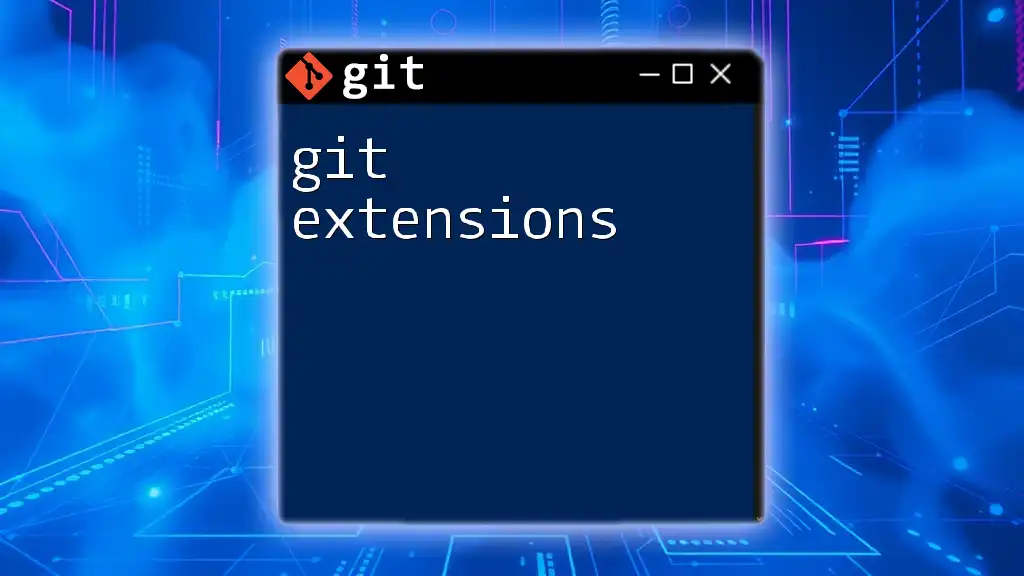
Additional Resources
Tools and References
For those keen on exploring Git further, the official Git documentation is a valuable resource. Utilizing Git GUIs and online learning platforms can also facilitate a deeper understanding of Git functionalities.
Community and Support
Engage in online forums and communities designed for Git users. Connecting with peers can provide insights and troubleshooting advice, enriching your learning experience.
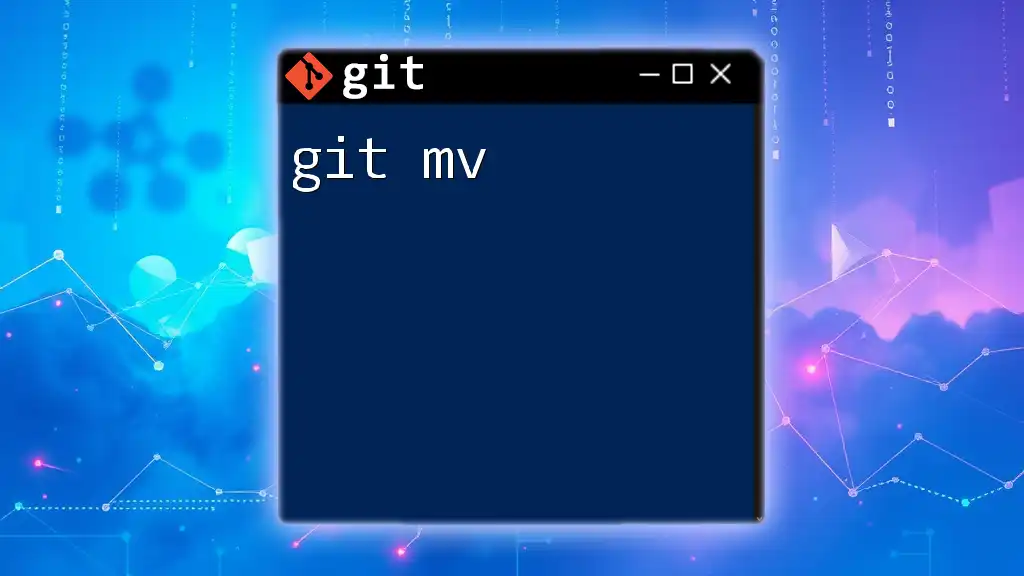
Call to Action
We encourage you to share your experiences and thoughts on using "git em" in the comments below! Have you discovered any unique workflows that utilize this concept? Don’t forget to sign up for our newsletters or courses for more in-depth Git learning and mastery!

